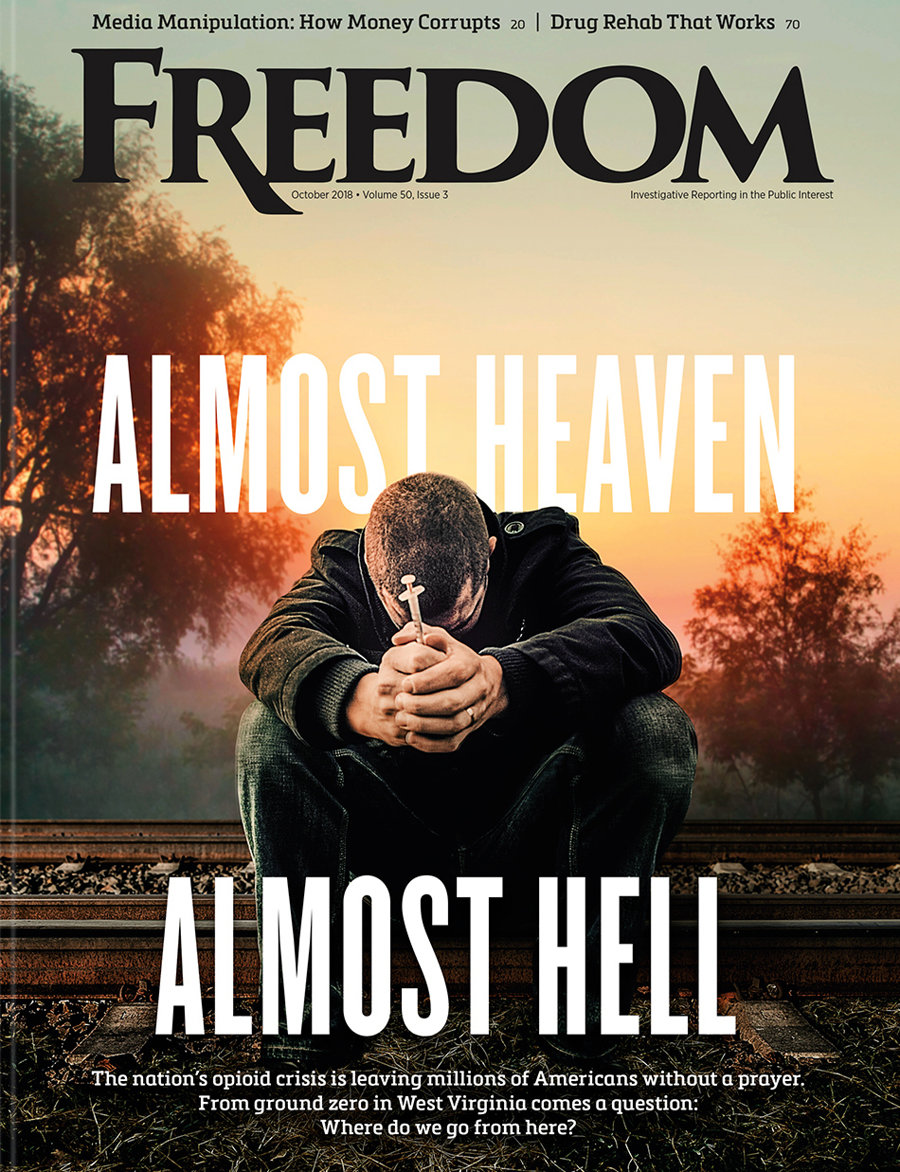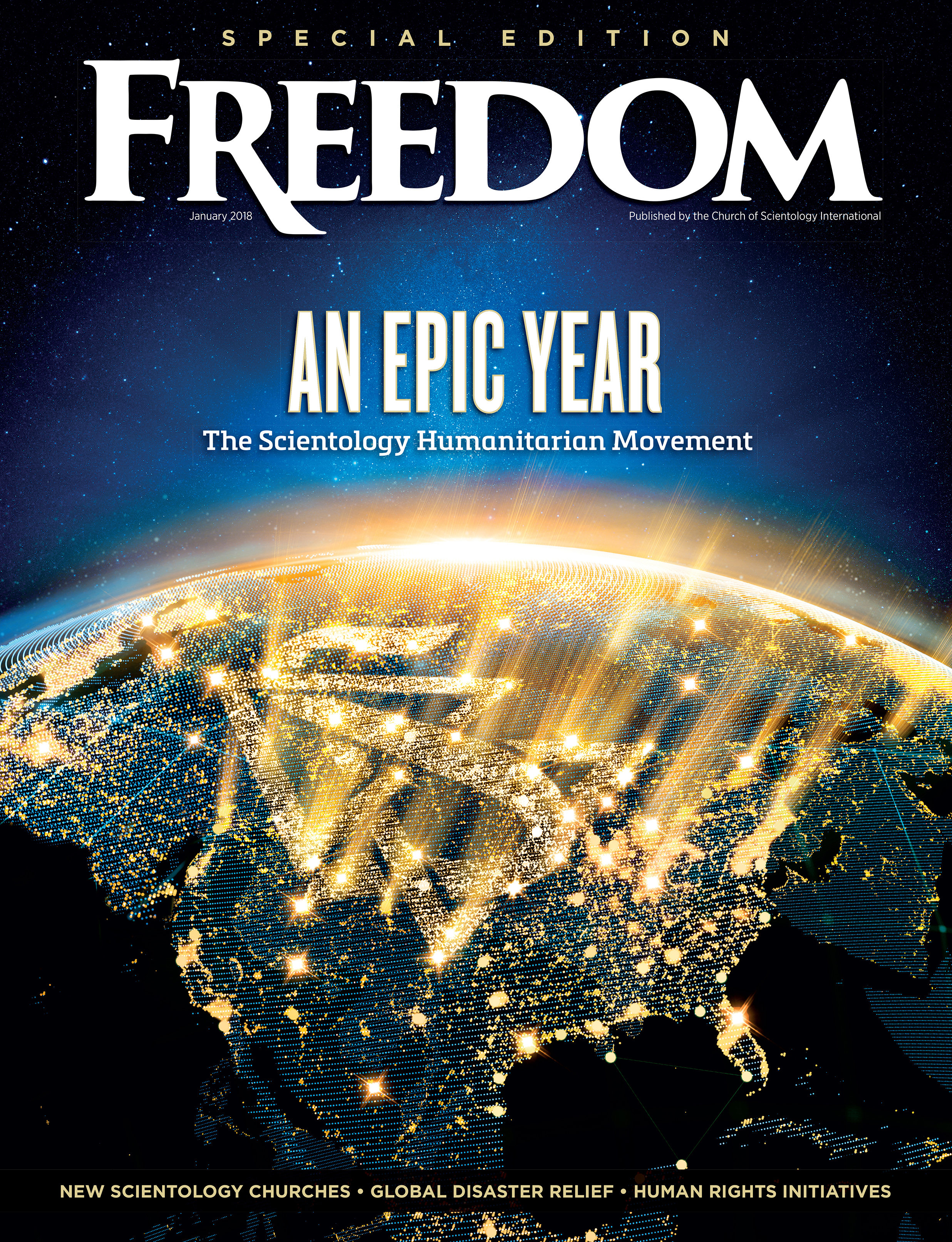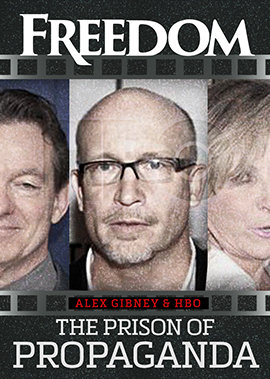And you don’t wait until a generation is ablaze with addiction before attempting a solution to drug abuse.
That was the message of a panel of experts, organized as part of the 68th session of the Commission on Narcotic Drugs at the UN Office on Drugs and Crime (UNODC) headquarters in Vienna.
There, on March 14, a bevy of experts made the case that the way to eradicate addiction is before first contact, not after the soon-to-be addict has taken his first, second or third hit.
“The earlier we act, the more lives we can save.”
Medical professionals like doctors Olena Shcherbakova and Heorhii Danylenko decried cannabis legalization efforts currently underway across the European Union and stressed the inevitable public health catastrophes that would ensue, far outweighing any short-term economic or political advantage.
The European Union’s medical advisor, Dr. Francis Nde, cited studies linking the drug to testicular cancer, cardiovascular disease, schizophrenia and inheritable genetic changes. “The effects of cannabis are not just short-term,” Dr. Nde said, “they are passed down through generations.”

Outside the laboratory and in the streets, Julie Delvaux fights substance abuse with the Truth About Drugs, and she took the opportunity of the panel to weigh in. Delvaux, a member of the UNODC’s Commission on Narcotic Drugs, said: “The earlier we act, the more lives we can save, and the more we can reduce the harm being created by drugs.”
As the Foundation for a Drug-Free World Coordinator in her native Belgium, Ms. Delvaux has reached 14 percent of that nation’s population through awareness campaigns, distribution of educational booklets, meetings with civic leaders and interviews on radio and TV.
In Belgium, “the number one illicit drug is cannabis,” she says. “And of course it creates criminality.”
Besides the crime rates, she emphasized that drug use is a social crisis that affects health and economic stability. Prevention through education, she explained, is the only effective long-term solution.
And the most effective of those education programs is the Foundation for a Drug-Free World’s Truth About Drugs. Consisting of booklets and videos that empower youth and adults with the simple, straight facts about drugs, the program has reached more than 100 million people and is used by over 1,000 law enforcement agencies across the globe.
It is also used by biochemist Robert Galibert, another of the panel’s featured speakers. As President of the Foundation for a Drug-Free Europe, he has seen firsthand the most drug-infested corners of his country. Marseille, France, has been hit especially hard by the drug crisis, with cannabis in particular.
And now, as Galibert shared with the commission, a growing threat is synthetic versions of the drug. He explained to the attendees how the laboratory-made product is “far more potent and dangerous than natural cannabis.” Synthetic cannabinoids, originally intended for medical research, have been usurped by the illicit drug industry, he explained, to devastating effect, opening the door to heart problems, hallucinations and fatal overdose.
Galibert put the lie to the myth that marijuana is “just a plant” and therefore harmless—pointing out that, as a fat-soluble substance, it can accumulate and linger in the body like a poison, 24/7.
The biochemist also obliterated the falsehood that cannabis is not addictive or a gateway drug. THC, the compound that produces the cannabis “high,” he explained, alters brain chemistry, resulting in the user needing stronger, harder drugs to get the same effect.
Stephanie’s story offered attendees living proof. A former user who began with cannabis and descended into a progressive hell of LSD, cocaine, heroin and methadone, she ultimately found herself “in a place without money, without a home and with a lot of pain. I hit rock bottom,” she said. “That’s when I knew I had to change.”
She, too, effectively pleaded the case for drug prevention. Had she only known about the dangers of drugs when she was in her teens, she said, her life might have taken an entirely different direction.
Science confirms the dangers of cannabis. The Truth About Drugs is the effective education communities need.
And that bucket of water can be a tsunami of cure if it’s used for prevention through education before a spark of curiosity bursts into an inferno of abuse.






















